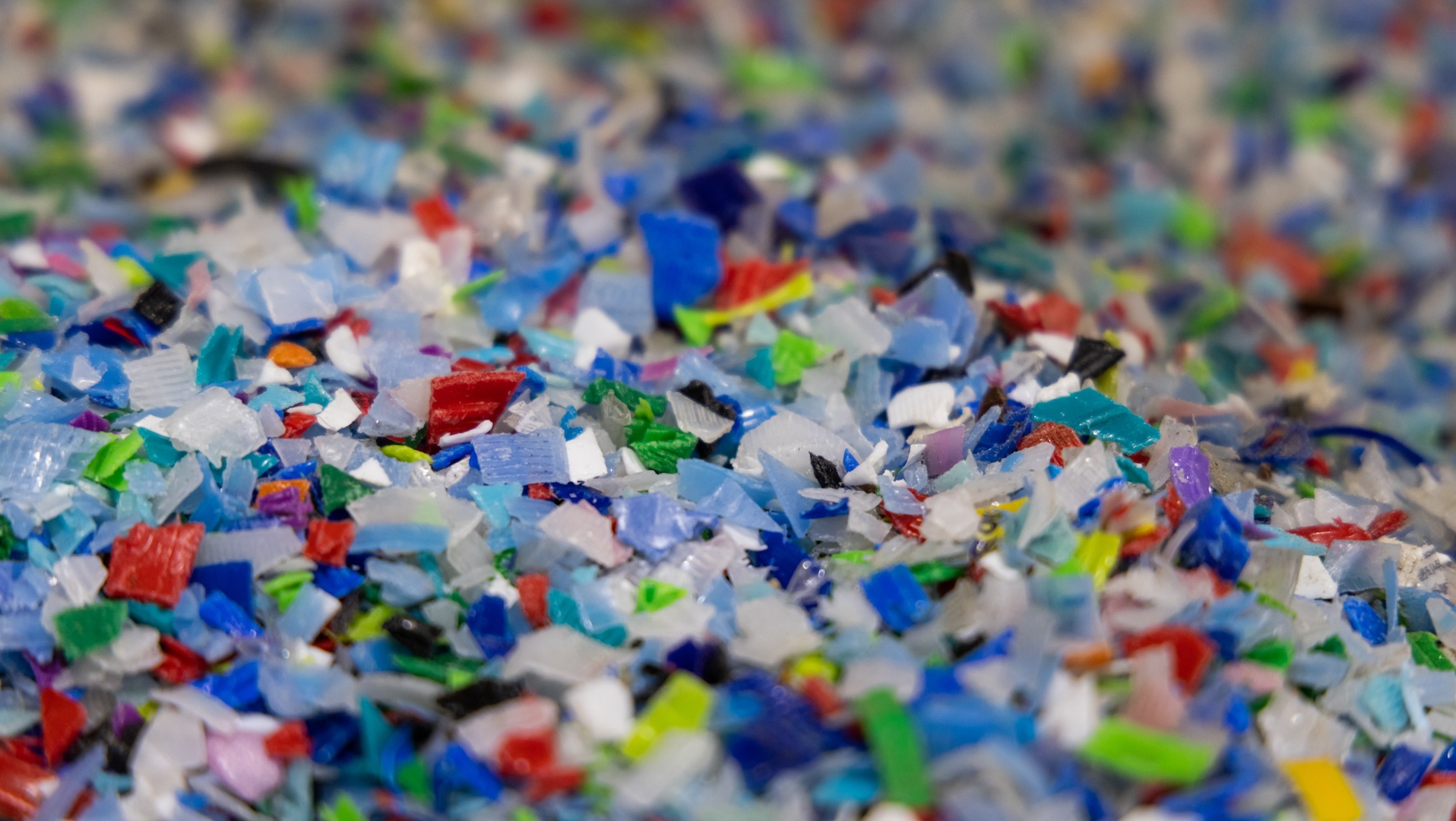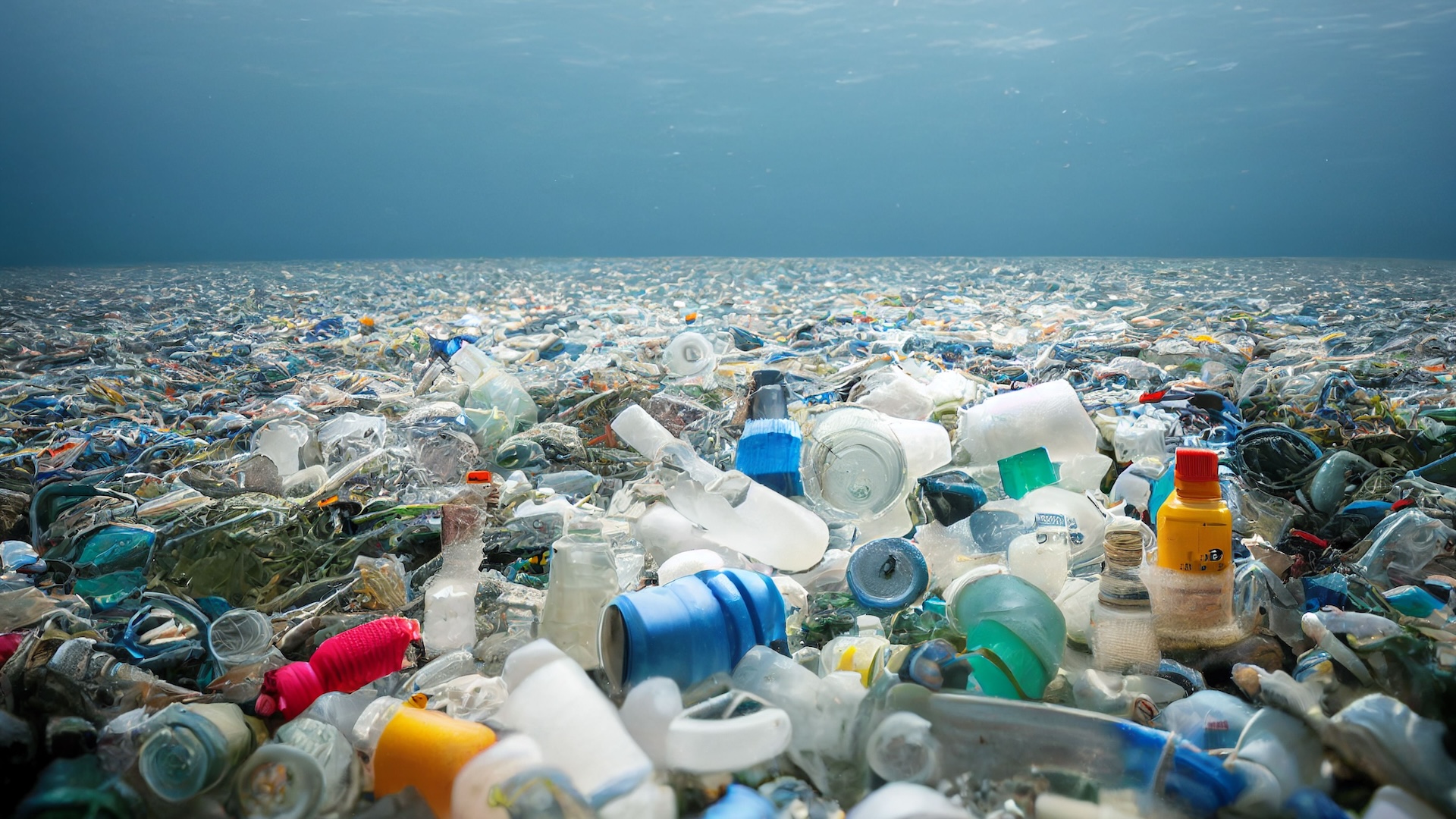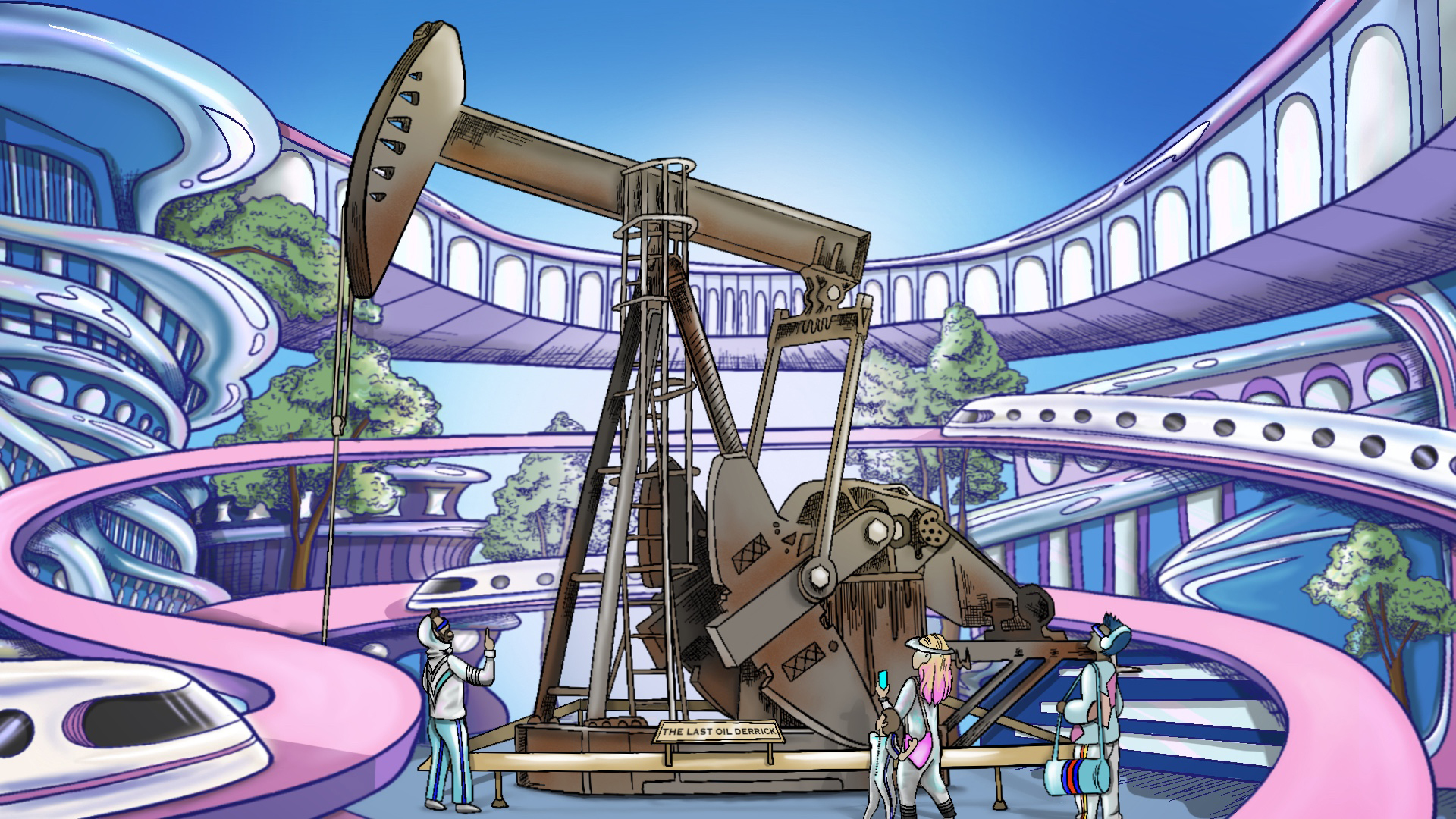Will we ever be able to stop using plastic?
While the push to reduce carbon dioxide emissions is spurring alternatives to petroleum in other sectors, phasing out plastic, particularly for medical applications, will be very tough.

As we work to prevent the runaway warming of the planet, society is gradually phasing out fossil fuels.
But there's one industry in which oil use is growing: the production of plastic.
Refineries that were designed to crank out fuel for cars are being retrofitted to produce more chemicals — including plastic precursors. And new refineries being built in the Middle East, Asia-Pacific and China are fully-integrated chemical production facilities.
Petrochemicals — chemicals obtained from petroleum during refining that are used to produce thousands of products, including plastic — will become the largest driver of global oil demand, accounting for almost half the growth by 2050, according to a 2018 report from the International Energy Agency.
In a statement at the time, IEA executive director Fatih Birol said petrochemicals are "blind spots in the global energy debate."
One reason plastics will be tough to phase out is that they are incredibly cheap to produce.
But that's not their only advantage. Plastics have chemical properties that make them indispensable in medical settings. They are sterile, flexible and cheap enough to be thrown away after a single use, which is a boon for infection control.
Sign up for the Live Science daily newsletter now
Get the world’s most fascinating discoveries delivered straight to your inbox.
In her research, Dr. Jodi Sherman, the founding director of the Yale Program on Healthcare Environmental Sustainability, has found that the medical industry is moving away from reusable equipment in favor of single-use disposable devices.
According to an article published in 2022 by AMA Journal of Ethics, plastic accounts for between 20% and 25% of the waste generated by U.S. healthcare facilities. And the use of throwaway plastic in healthcare may be growing, though by exactly how much is hard to pin down, Sherman told Live Science.
"There's no easy way to measure it," she said. "And we are seeing such a rapid shift [toward single use plastics] that the bottom line is that we have no idea."

To move beyond oil, researchers will need to devise a way to make plastic from non-petroleum sources on a large scale. In the United States, soybean farming has increased dramatically — in part because of its use as a biofuel. Something similar could happen if we shift to bioplastics, or plastics made from renewable biomass, such as corn starch or polyhydroxyalkanoates (PHAs), which are natural, degradable polyesters produced by microorganisms.
But bioplastics are not without problems. Not all bioplastics biodegrade, and most that do require industrial processing to send them back to nature. Relative to traditional plastic manufacturing, bioplastic production leads to lower greenhouse gas emissions. But like their traditional counterparts, bioplastics produce microplastics as they decompose. They're also far more expensive to produce, and they don't always have ideal properties for every application.
In hospital settings, for example, durable medical equipment needs to be long-lasting and reusable, so the fact that bioplastics degrade more easily is a problem, not a plus.
Bioplastics are already being used in some medical sectors, but the levels are "incredibly low," Robert Langer, the David H. Koch Institute Professor at the MIT Department of Biological Engineering, told Live Science.
Durability is a solvable issue, Langer said, but a bigger challenge is that anything used in medical settings must be tested for safety before use, and that is hugely expensive.
Jan-Georg Rosenboom, a chemical engineer at MIT, told Live Science that health and safety regulations require materials used in medical settings to hold up under extremely harsh conditions. Plastics must repeatedly withstand the high heat and pressure needed for sterilization, for instance. "Biodegradable plastics may not withstand these conditions and may not possess the stability time needed," he said.
Still, it's not inevitable that health care will be a holdout that uses traditional plastic indefinitely. Rather, what happens in the wider petrochemical industry will determine how plastics are used. If the market changes and demand for oil-based plastics declines significantly in other sectors, the medical industry will likely follow suit, Fredric Bauer, an associate senior lecturer at Lund University in Sweden, told Live Science.

Hannah Osborne is the planet Earth and animals editor at Live Science. Prior to Live Science, she worked for several years at Newsweek as the science editor. Before this she was science editor at International Business Times U.K. Hannah holds a master's in journalism from Goldsmith's, University of London.











